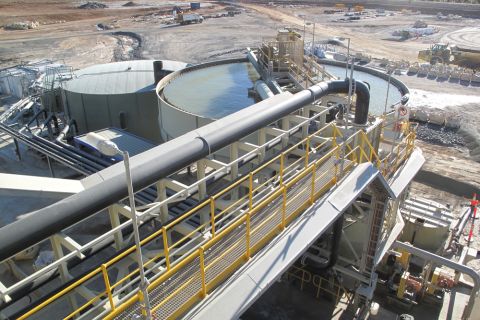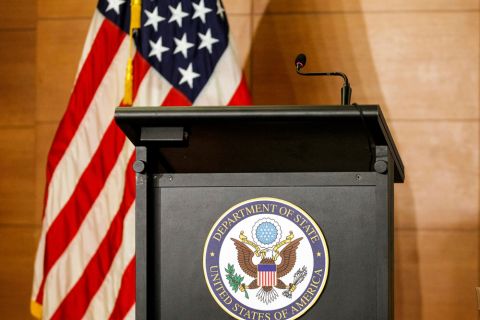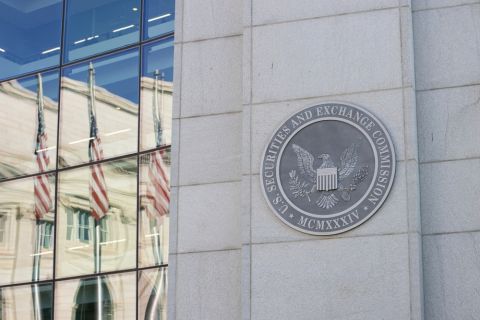New York's attorney general sued Exxon Mobil Corp. (NYSE: XOM) on Oct. 24, alleging that the world's largest oil company for years misled investors about the risks of climate change regulations on its business.
The suit, filed in New York Supreme Court, New York County, seeks undisclosed damages, a court order for a review of the company's representations, and that the company corrects "numerous misrepresentations" to investors.
It alleges Exxon Mobil assured investors it had properly evaluated the impact of climate regulations on its business using a "proxy cost" for the likely effects of future events on its business. However, these proxy figures frequently were not used in its internal planning or cost assumptions, the suit claims.
The company also failed to properly account for such costs in determining its volume of oil and gas reserves, or whether to write down the value of its assets, a metric important to investors.
"The company claimed to be factoring the risk of increasing climate change regulation into its business decisions," Attorney General Barbara Underwood said in a statement. "Yet as our investigation found, Exxon often did no such thing."
Exxon Mobil "looks forward to refuting these claims as soon as possible and getting this meritless civil lawsuit dismissed," said spokesman Scott Silvestri in a statement.
He further described the suit as the "product of closed-door lobbying by special interests, political opportunism and the attorney general's inability to admit that a three-year investigation has uncovered no wrongdoing."
In the past, Exxon Mobil has called the state's investigation politically motivated and designed to silence it and others in the debate on climate change regulations.
It unsuccessfully fought to halt the New York investigation and a similar probe by the state of Massachusetts that claims Exxon Mobil misled consumers with its statements on climate change.
Exxon and other oil companies including BP Plc (NYSE: BP), Chevron Corp. (NYSE: CVX) and Royal Dutch Shell Plc (NYSE: RDS.A) face lawsuits by cities and counties across the United States seeking funds to pay for seawalls and other infrastructure to guard against rising sea levels brought on by climate change.
Recommended Reading
NAPE: In Basins Familiar to E&Ps, Lithium Rush Offers Little Gold
2024-02-07 - A quest for sources of lithium comes as the lucrative element is expected to play a part in global efforts to lower emissions, but in many areas the economics are challenging.
US Threatens to Not Renew Venezuelan Energy Sector License
2024-01-31 - The U.S. Department of State alerted Venezuela that it could decide not to renew General License No. 44 amid what Washington has labeled “anti-democratic actions.”
FERC Says 32 Bcf/d in US LNG Capacity Approved, Not Yet Built
2024-01-29 - The FERC—which has jurisdiction over the siting, construction and operation of LNG export facilities in the U.S.—reported that 18 projects worth 32 Bcf/d of export capacity have obtained approval but are yet to be built.
Hirs: SEC’s Enhanced Climate-related Disclosures Are Unnecessary—Even According to SEC
2024-03-15 - The SEC’s rationale for enhanced climate-disclosure rules is weak and contradictory, says Ed Hirs.
Yellen Expects Further Sanctions on Iran, Oil Exports Possible Target
2024-04-16 - U.S. Treasury Secretary Janet Yellen intends to hit Iran with new sanctions in coming days due to its unprecedented attack on Israel.




